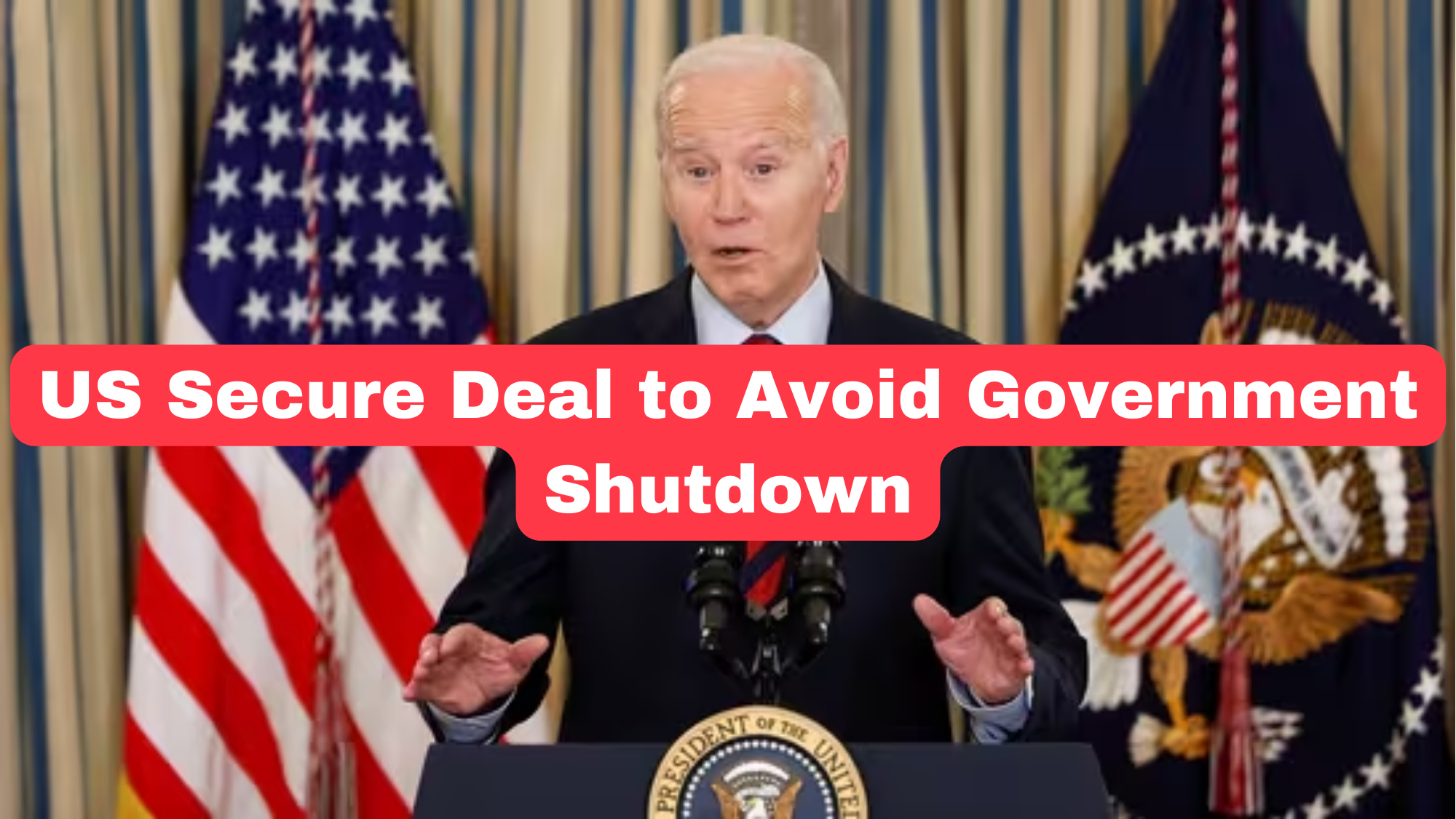

How US Senators Secure $1.2 Trillion To Avoid Shutdown?
In a significant move to avert a partial government shutdown, US senators successfully passed a $1.2 trillion spending bill in the early hours of Saturday morning. This bill will ensure that non-essential operations of federal agencies continue without interruption.
The agreement, which was signed by President Joe Biden, followed a tense passage of the legislation in the House of Representatives on Friday.
Also Read: What is China’s New Guidelines to Phase Out U.S. Microprocessors (investonomic.co.in)
The bill’s approval faced some opposition from allies of former President Donald Trump within the Republican party, with Marjorie Taylor Greene even threatening to oust Speaker of the House Mike Johnson. However, the Senate ultimately reached a deal that included allowing Republicans to vote on amendments related to immigration laws, particularly focusing on border security.
This spending bill will keep the government funded until the end of September, setting the stage for future debates on aid to Ukraine, Israel, Taiwan, and humanitarian assistance in Gaza.
The fate of this aid package has been a point of contention between the Senate and the House, with differing opinions on how to proceed. Despite challenges, there is hope for a breakthrough on the aid package, although Greene’s threat to Johnson’s speakership may complicate matters.
Also Read: 1.26 लाख करोड़ रुपये का निवेश: कैबिनेट ने सेमी कंडक्टर (investonomic.co.in)
As the political landscape evolves, with potential resignations and shifts in majority within the House of Representatives, the future of key legislation remains uncertain.
However, the successful passage of the spending bill marks a crucial step in maintaining government operations and avoiding a shutdown.
The $1.2 trillion spending bill covers a wide range of government expenditures, including funding for defense, education, healthcare, infrastructure, and social programs.
It allocates resources to various federal agencies and programs, ensuring that they can continue to provide essential services to the American people. The bill also includes provisions for disaster relief, cybersecurity, and other critical needs.
One of the key points of contention during the negotiations was funding for border security and immigration enforcement.
Republicans pushed for increased funding for border security measures, including the construction of a border wall, while Democrats sought to allocate more resources to humanitarian assistance for migrants and refugees. Ultimately, a compromise was reached that satisfied both parties and allowed the bill to move forward.
The passage of the spending bill is a significant accomplishment for the Biden administration, as it demonstrates the ability of Congress to come together and pass bipartisan legislation.
It also reflects a commitment to keeping the government running smoothly and avoiding the disruptions that can result from a shutdown.
Looking ahead, lawmakers will continue to work on other important issues, including infrastructure investment, healthcare reform, and climate change mitigation. The successful passage of the spending bill bodes well for future negotiations and cooperation between Democrats and Republicans on these and other critical issues.
In conclusion, How US Senators Secure $1.2 Trillion To Avoid Shutdown? the passage of the $1.2 trillion spending bill is a positive development for the US government and the American people. It ensures that essential services will continue to be provided, and it sets the stage for further progress on key legislative priorities. By working together to pass this bill, lawmakers have demonstrated their commitment to governing responsibly and addressing the needs of the country.



